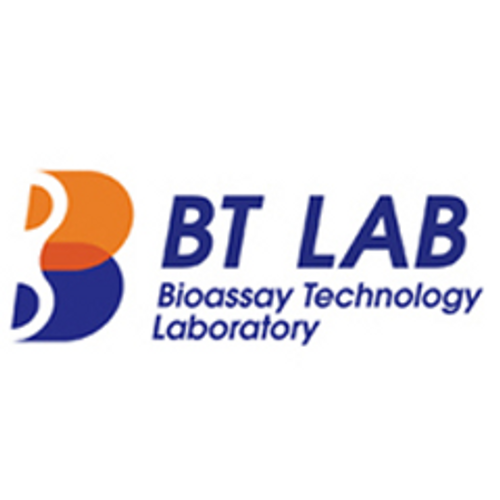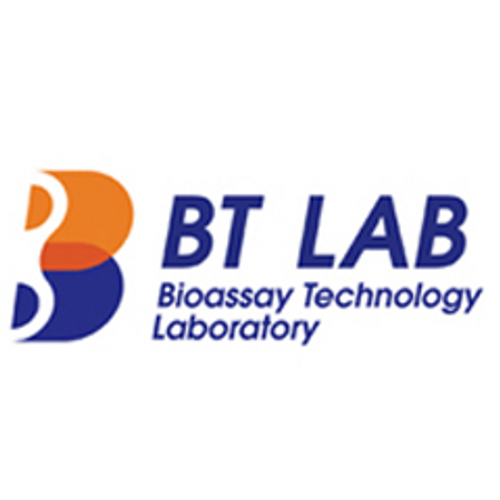Product Description
Chicken Troponin I, fast skeletal muscle (TNNI2) ELISA Kit | AE13923CH | Abebio
Species Reactivity: Chicken (Gallus)
Abbreviation: TNNI2
Alternative Name: AMCD2B; DA2B; FSSV; fsTnI; OTTHUMP00000014141|OTTHUMP00000014142|fast-twitch skeletal muscle troponin I|troponin I fast twitch 2|troponin I; fast-twitch skeletal muscle isoform|troponin I; skeletal;
Application: ELISA
Range: 2.50-160 ng/mL
Sensitivity: 0.75 ng/mL
Intra-Assay: ≤4.8%
Inter-Assay: ≤7.7%
Recovery: 0, 88
Sample Type: Serum, Plasma, Other biological fluids
Detection Method: Sandwich
Analysis Method : Quantitive
Test Principale: This assay employs a two-site sandwich ELISA to quantitate TNNI2 in samples. An antibody specific for TNNI2 has been pre-coated onto a microplate. Standards and samples are pipetted into the wells and anyTNNI2 present is bound by the immobilized antibody. After removing any unbound substances, a biotin-conjugated antibody specific for TNNI2 is added to the wells. After washing, Streptavidin conjugated Horseradish Peroxidase (HRP) is added to the wells. Following a wash to remove any unbound avidin-enzyme reagent, a substrate solution is added to the wells and color develops in proportion to the amount of TNNI2 bound in the initial step. The color development is stopped and the intensity of the color is measured.
Product Overview: TNNI2 is a fast-twitch skeletal muscle protein, a member of the troponin I gene family, and a component of the troponin complex including troponin T, troponin C and troponin I subunits. The troponin complex, along with tropomyosin, is responsible for the calcium-dependent regulation of striated muscle contraction. Mouse studies show that this component is also present in vascular smooth muscle and may play a role in regulation of smooth muscle function. In addition to muscle tissues, this protein is found in corneal epithelium, cartilage where it is an inhibitor of angiogenesis to inhibit tumor growth and metastasis, and mammary gland where it functions as a co-activator of estrogen receptor-related receptor alpha. This protein also suppresses tumor growth in human ovarian carcinoma.
Stability: The stability of ELISA kit is determined by the loss rate of activity. The loss rate of this kit is less than 5% within the expiration date under appropriate storage condition. The loss rate was determined by accelerated thermal degradation test. Keep the kit at 37°C for 4 and 7 days, and compare O.D.values of the kit kept at 37°C with that of at recommended temperature. (referring from China Biological Products Standard, which was calculated by the Arrhenius equation. For ELISA kit, 4 days storage at 37°C can be considered as 6 months at 2 - 8°C, which means 7 days at 37°C equaling 12 months at 2 - 8°C) .
 Euro
Euro
 USD
USD
 British Pound
British Pound
 NULL
NULL












